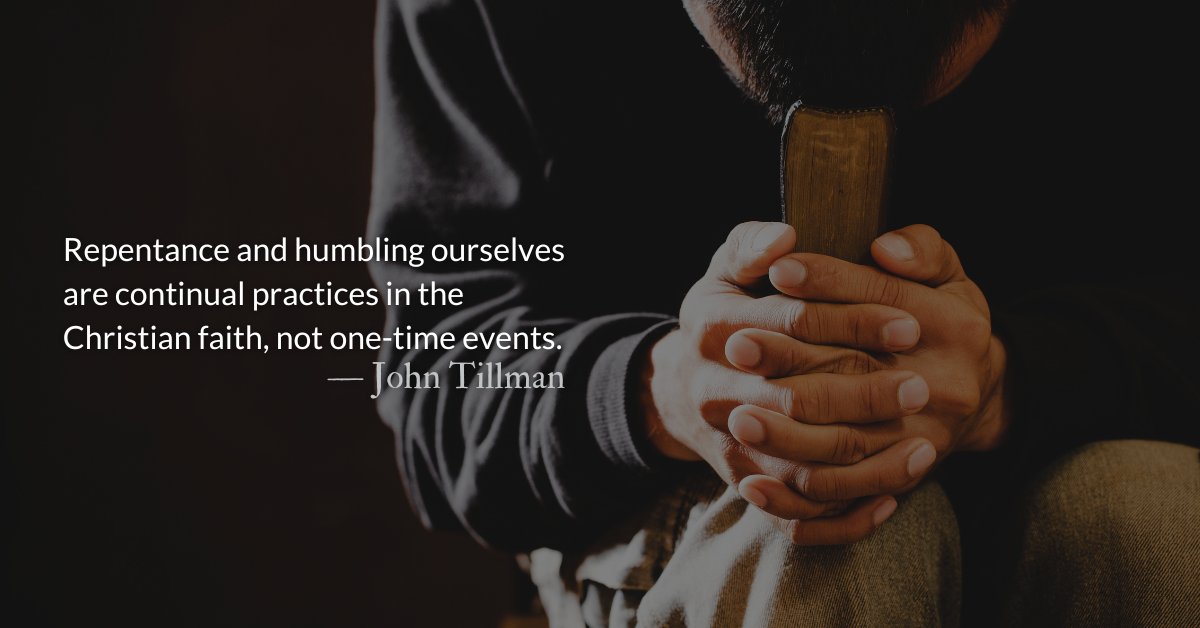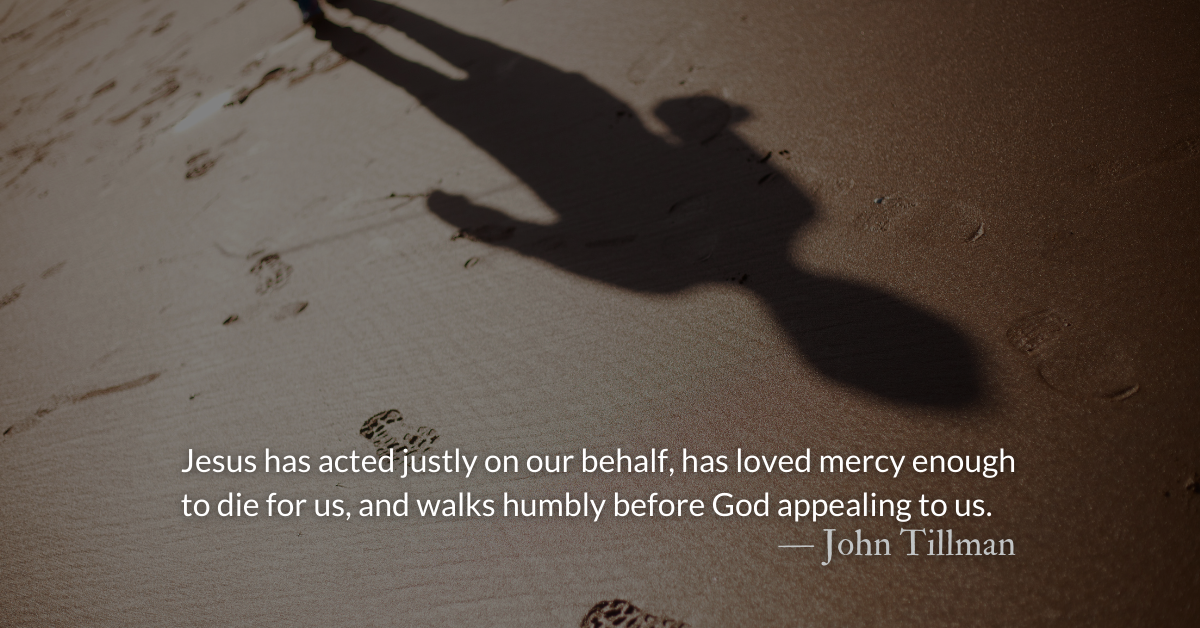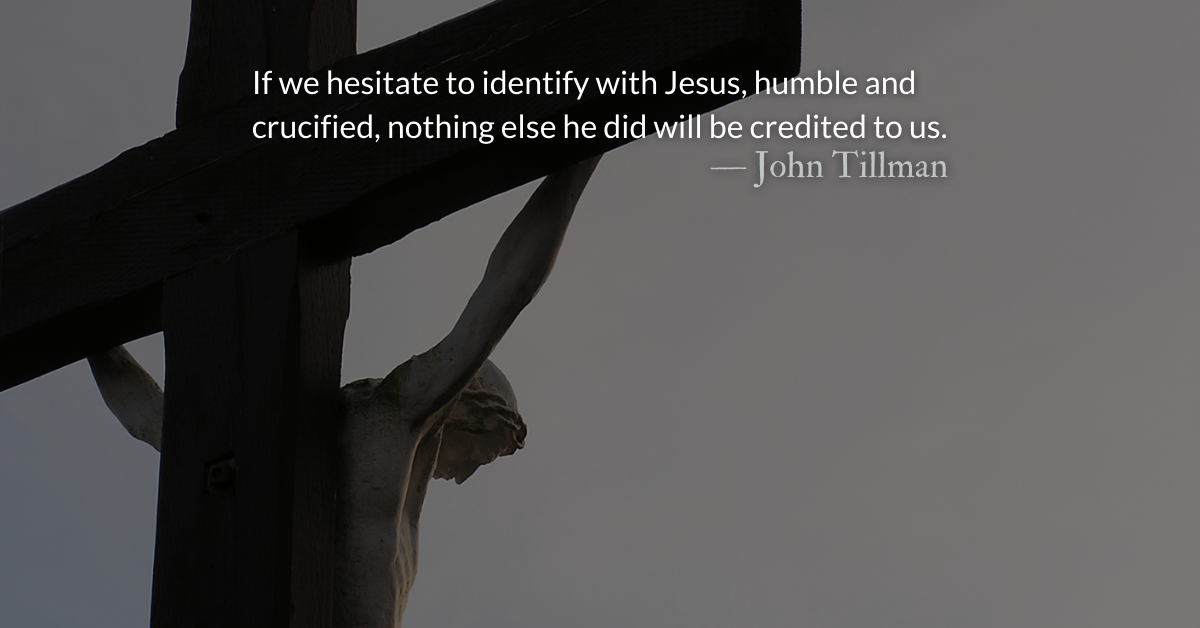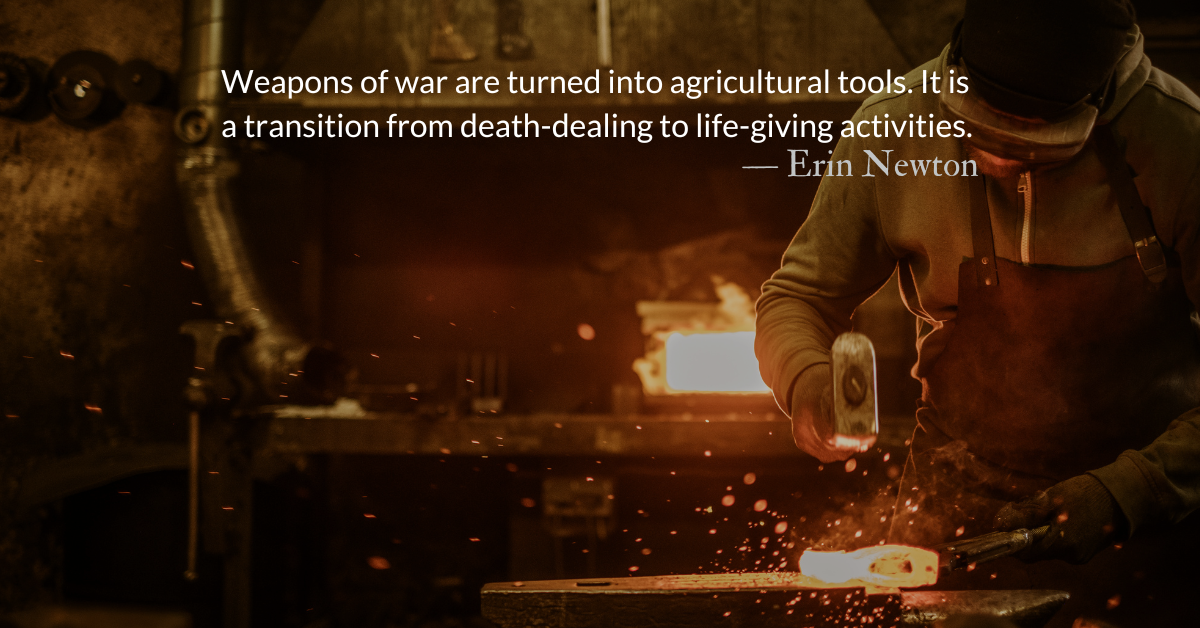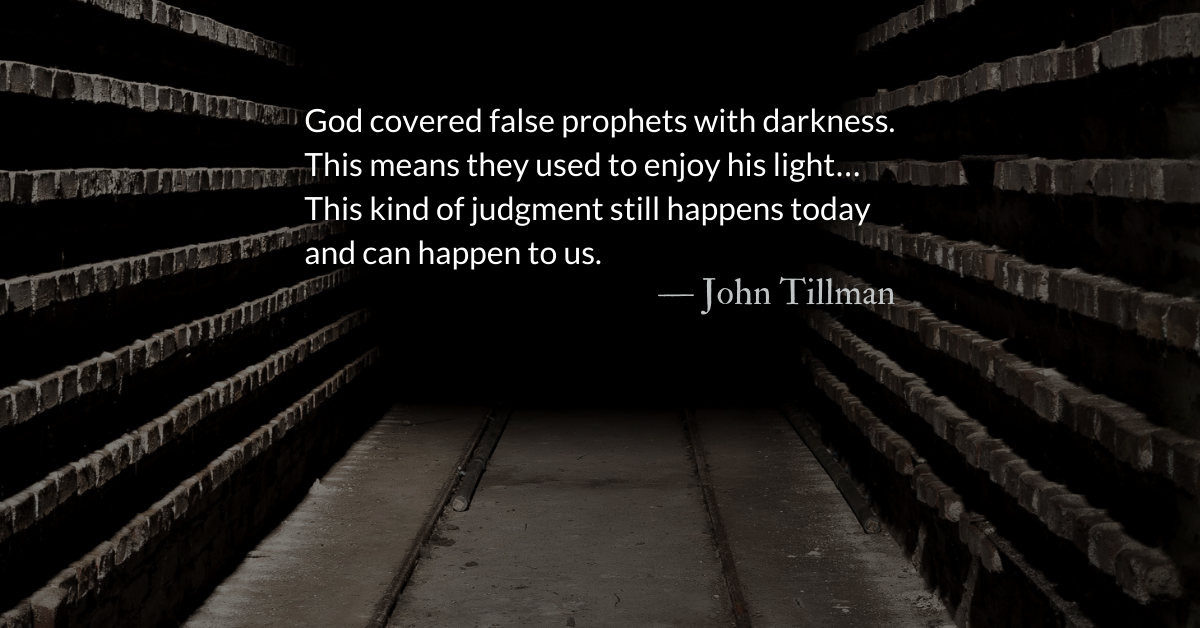Scripture Focus: Nahum 2.13
13 “I am against you,”
declares the Lord Almighty.
“I will burn up your chariots in smoke,
and the sword will devour your young lions.
I will leave you no prey on the earth.
The voices of your messengers
will no longer be heard.”
Mark 4.9
9 Then Jesus said, “Whoever has ears to hear, let them hear.”
Reflection: Nineveh’s Regression
By John Tillman
About 150 years after Jonah’s visit, Nahum writes to Ninevah with exactly the kind of message Jonah wished to carry: “The Lord is against you. You’re going to burn.” The city that once experienced the fires of revival would experience the fires of judgment.
Jonah’s warning to Ninevah had an unexpected, and for Jonah, undesired, effect. Repentance swept the streets. People from the king down to the lowest servants turned to God and mourned their past sins. Jonah condemned their spiritual ignorance, yet God had compassion for people “who cannot tell their right hand from their left.” (Jonah 4.11)
It was a shocking outcome. An empire that grew fat on evil, fasted and mourned. A city considered a lost cause, was saved. People Jonah hoped would taste God’s wrath, tasted his mercy. But eventually, Ninevah regressed.
We don’t know how long the effects of the revival recorded in Jonah endured. Perhaps that generation of Ninevites continued in repentance and it was the next generation that returned to sinfulness. Perhaps they went “back to normal” a week after the disaster was averted. Either way, we can draw a lesson for ourselves. May we not find ourselves in the position of the Ninevites who once tasted mercy, then spat it out to gulp down rebellion instead.
When we repent, let us make sure that it is not just surface repentance to avoid the catastrophe some Jonah-like prophet warns us of. Repentance and humbling ourselves are continual practices in the Christian faith, not one-time events. Let us repent and continue to repent. To reform and continue to reform.
God’s still in the business of forgiving those we would condemn and having mercy on those we would castigate. He’s still redeeming lost causes and lost cities. But he is also running out the clock on evil and will not leave the wicked unpunished. No matter how far gone someone is, we shouldn’t write them off, because God may be in the process of writing them into his story. However, there does come a time when God allows people to write themselves out.
Unrepentant evil will be crushed, regardless of whether it is found in Ninevah, Jerusalem, or in our modern cities or churches. The Lord is still for us. Let us seek him while he may be found and hear him while our ears can hear and our hearts can respond. (Isaiah 6.9-10, 55.6; Mark 4.9)
Divine Hours Prayer: The Request for Presence
Your word is a lantern to my feet and a light upon my path. — Psalm 119.105
Today’s Readings
Nahum 2 (Listen – 2:06)
Mark 4 (Listen – 5:01)
Read more about Becoming Light
Help us not be like those who are of the dark.
They are asleep, but let us be awake and sober.
Read more about Rumors or Repentance
The Jordan, where John baptized, is a river of decision. Will you cross over or not? Will you repent? Will you enter the Kingdom of Heaven or not?

